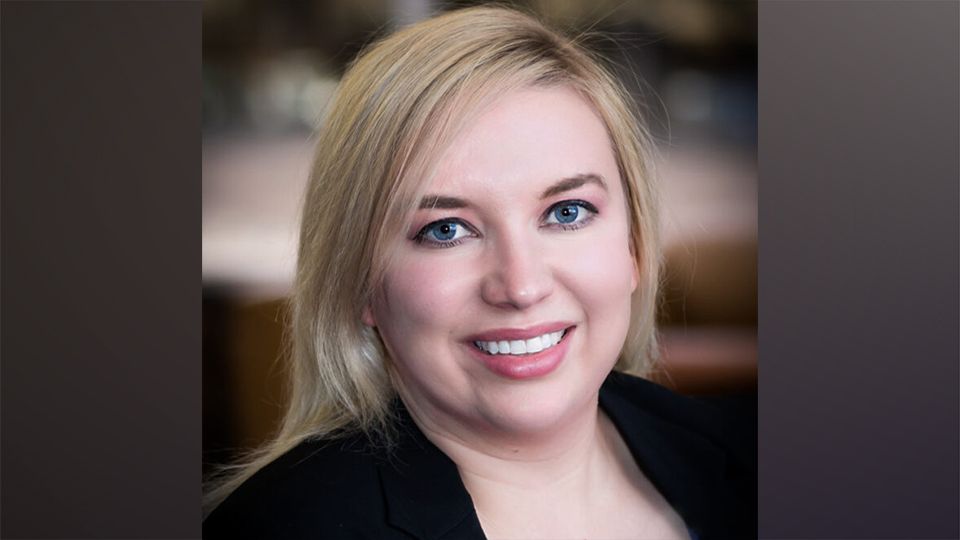With anything popular, there are many whose mission is to jump on the bandwagon without learning anything in the process. And as interest in ESG continues to rise, how much have those in the financial services space truly learned about sustainable investing?
The lack in education for financial advisers on ESG is prevalent around the world, even those areas where ESG is exceedingly popular. For example, according to the Global Sustainable Investment Alliance (GSIA), Canada has the highest proportion of its collective assets under management dedicated to sustainable investing screens. As of 2020, GSIA reports the proportion of sustainable investing assets relative to total managed assets is at 61.8% in Canada (compared to just 37.9% for the United States).
But while the majority of Canadian financial advisers are comfortable discussing ESG with clients, according to the Responsible Investment Association (RIA), the overall knowledge on the subject matter is limited. A 2021 poll conducted by RIA found 85% of the Canadian advisers surveyed stated they felt comfortable discussing ESG issues with clients, however only 6% of respondents could correctly identify three true statements out of 10 about sustainable investing.
Some advisers appear to be overestimating their knowledge on ESG with nearly one in five of claiming to have excellent or very good knowledge of ESG failing to correctly identify any of the three true statements about sustainable investing in the same assessment.
Ask questions
With the growing popularity of ESG in the US and around the world, it is important to understand knowledge in the space goes beyond simply recommending mutual funds and ETFs that claim to have a sustainability mandate tied to the prospectus. Greenwashing has been touted as the most immediate problem in the ESG space for a variety of reasons, but it holds the key for how many advisers can hold issuing firms accountable: by asking questions.
To ask the appropriate questions takes a fair amount of practice, and if you are not presently an undergraduate with a sustainability focus, or an MBA student with a focus on ESG, there are several options to get caught up in the space. Of course, this all depends on your area of focus in the financial services, however there are some individuals who seek to be as well rounded as possible and will participate in as many of these education programs as they can. Here is a snapshot of some of the more notable ESG education programs for financial services available in the US:
The CFA Institute, Certificate in ESG Investing
Who is it best for: CFAs, equity research analysts and supporting roles
Initially launched in December 2018 by the CFA Institute of the UK, The Certificate in ESG Investing is now owned, administered and awarded on a global basis by the CFA Institute. Although this course is suitable for anyone whose work consists of sales and distribution, wealth management, product development, financial advice, consulting, or risk, it is recommended the student have a foundational knowledge of the investment process. A 100-question final exam, which consists of multiple choice and item set questions, is needed to be passed in order to obtain the certificate. The study material consists of a 550-page textbook that can be viewed in an e-reader format or a physical copy.
Who is it best for: CPAs, corporate accounting and finance, investment analysis, consulting, sustainable finance
As one of the leaders in corporate disclosures on sustainability, SASB has developed one of the most unique programs to educate those in corporate finance on how sustainability matters drive enterprise value. Sustainable finance is rapidly rising in popularity both in the US and around the world, and this designation is a perfect entry point into that field. The FSA Credential requires taking and passing two exams: Level I focuses on principles and practices and Level II focuses on application and analysis.
Coursera Courses on ESG and Sustainable Finance
Who is it best for: Anyone who wants an introduction to ESG
Coursera offers an array of options (most of them free) for basic education in the sustainable investing space, ranging from ESG Risks and Opportunities to Sustainable Finance Fundamentals to Impact Measurement and Management for the Sustainable Development Goals (SDGs).
The College for Financial Planning (Kaplan), The Chartered SRI CounselorSM (CSRIC®) Designation
Who is it best for: CFPs, financial advisers and financial planners and supporting roles
The CSRIC designation was developed in partnership with the Forum for Sustainable and Responsible Investing (USSIF), and was officially released in October 2018. Ultimately, the goal behind this program was to take some of the primary talking points from USSIF’s Fundamentals in Sustainable Investing training course and give those in client-facing advising roles as many skills and knowledge as possible to be able to comfortably discuss ESG matters. CSRIC is being offered among some of the largest investment banks in the US, in addition to being integrated and offered as an elective at universities such as Georgetown, Wake Forest and Denver University. The program consists of seven modules and requires passing a 70-question final exam to obtain and use the marks.








